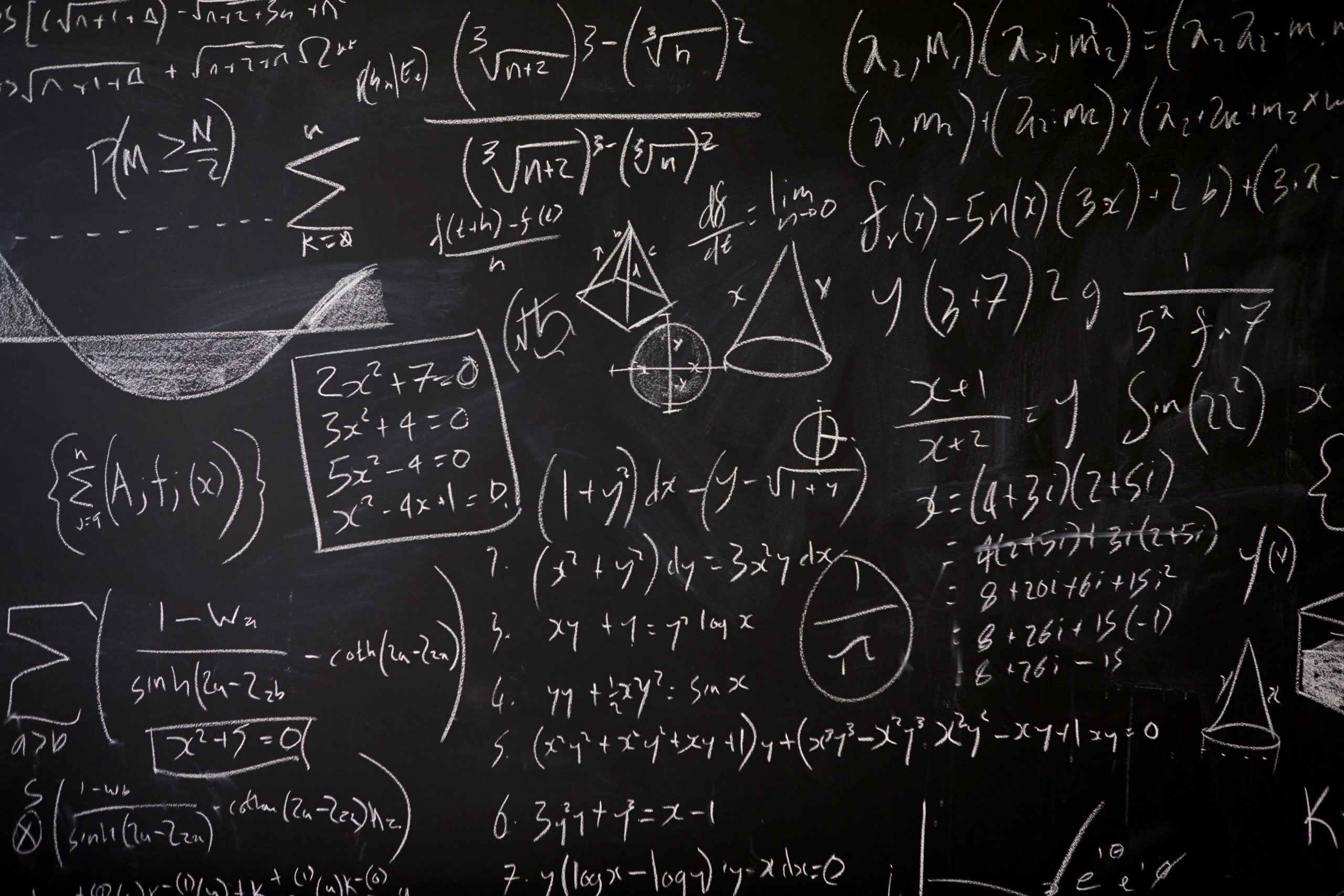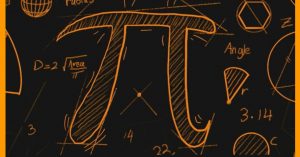Mathematics has a reputation of inciting fear in children,
rather than the usual curiosity and admiration for the subject. Math problems
always leave us stuck in cross hairs. Students dread picking up guide books,
solving questions that make you forget whether the sun rose or set.
Well, despite the ‘horror stories’, mathematics is a
wonderful subject, used in various arenas of life – ratio and proportions in
cooking, areas and volumes in home decor, those exhausting formulae of algebra
used in managing money.
Many of the math prodigies came
from India, discovering mind-boggling concepts of trigonometry, the most
important number, zero, place value system, and the list goes on. These inventions
left a mark on the world, their name etched in history forever.
On the occasion of National Mathematics Day, here’s a list
of five genius mathematicians of India whose discoveries changed the future of
mathematics:
1.
Aryabhata
Aryabhata was one of the greatest
mathematician-astronomers of India. He wrote ‘Aryabhatiya’, covering algebra,
plane and spherical trigonometry, when he was only 23. Discovering zero was not
his only feat in the field of mathematics. He came up with an approximate value
of ‘pi’ and established that pi was irrational. He majorly contributed to the
field of trigonometry by presenting tables of sine, cosine, versine and
converse sine up to four decimal places.
2.
P.C. Mahalanobis
Prasanta Chandra Mahalanobis,
also known as the ‘Father of Indian statistics’, is a Bengali scientist and applied statistician. In
1931, he founded the renowned Indian Statistical Institute to enhance learning
and research in statistics. He discovered the ‘Mahalanobis Distance’, a
measurement used in population distribution.
National Sample Survey (NSS) was his brainchild.
Launched in 1950, it encompassed the laborious task of articulating the Indian
economy, surveying closely 1800 villages in its first rounds.
Also Read | JEE-Mains to be held four times a year starting 2021, first round in Feb
3.
Srinivasan Ramanujan
‘An equation
means nothing to me unless it expresses a thought of God’ – this popular quote
reflects the genius of Srinivasan Ramanujan. He worked on the algebra of inequalities,
elliptic functions, continued fractions, partial sums, and products of
hypergeometric series.
When he was 13, he was adept at advanced
trigonometry. After a humorous incident, 1729 is called Hardy-Ramanujan number
in his respect, and such numbers are called Taxicab numbers.
In 2012, then Prime Minister Manmohan Singh
declared December 22, Ramanujan’s birthday as
National Mathematics Day.
4.
C.R. Rao
A doyen of statistics, Calyampudi Radhakrishna
Rao showed an inclination to mathematics from an early age. He is known for his
works in multivariate analysis, estimation theory and differential geometry.
Cramer-Rao inequality, Rao-Blackwell theorem, Fisher-Rao metric and Rao
distance – his name is prominent in the world of statistics. He is also
credited with significant works on orthogonal arrays.
He is a Fellow of the Royal Society. He was
awarded the National Medal of Science in 2002 from the then President of the
United States, George W. Bush.
He achieved another feat as he turned 100
on September 10 this year.
5.
D.R. Kaprekar
Dattaraya
Ramchandra Kaprekar’s
name is probably not as heard of, but his
contribution to the field is exemplary. He was the father of several classes of
natural numbers like the Kaprekar, Harshad and Self numbers.
6174 seems like any other four-digit number.
But, D.R. Kaprekar made something extraordinary with this number to the extent
that it is now known as Kaprekar’s constant.
So, this December 22, instead of stressing about mathematics
problems, allow yourself to swim in the pool of curiosity and rediscover your
thirst for knowledge about numbers.







